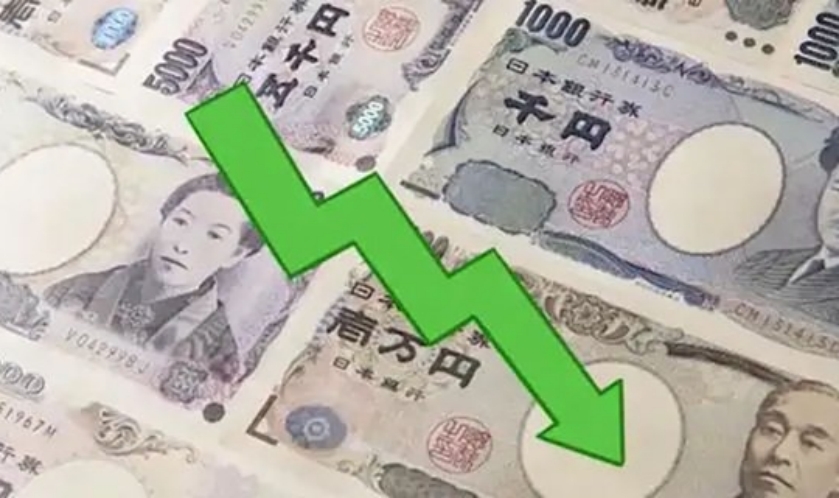
In today's changing global economic landscape, the depreciation of the yen has become a topic of concern. This currency devaluation not only affects Japan's exports and international competitiveness, but also threatens to plunge Japan into the status of a developing country. This article will explore this issue in depth from the reasons, effects and future challenges of the depreciation of the yen.
There are many reasons for the depreciation of the yen, including domestic economic factors and international economic environment. At the domestic level, Japan's long history of low interest rates, fiscal deficits and sluggish economic growth have contributed to a lack of confidence in the value of the yen. At the same time, the measures taken by the Japanese government to combat the economic recession and stimulate economic growth have indirectly contributed to the depreciation of the yen.
At the international level, changes in the global economic landscape and differences in monetary policies of major economies have also had an impact on the yen's exchange rate. For example, quantitative easing in countries such as the United States has led to an increase in the supply of dollars, which in turn has affected the exchange rate between the yen and the dollar. In addition, factors such as global economic uncertainty and geopolitical risks have also exacerbated the volatility of the yen exchange rate.
The devaluation of the yen has had a profound impact on the Japanese economy. First of all, devaluation is conducive to enhancing Japan's export competitiveness, making Japanese products more price competitive in the international market. However, this may also lead to Japan's over-reliance on exports and neglect of domestic demand development, thus exacerbating the imbalance in the economic structure. Second, the depreciation of the yen makes imported goods more expensive, increasing the burden on domestic consumers and lowering people's living standards. In addition, a weaker yen could trigger inflation, posing a threat to the stability of the Japanese economy.
The negative impact of the depreciation of the yen on the Japanese economy is gradually emerging, and Japan could fall into the status of a developing country. First of all, the depreciation of the yen has reduced Japan's status in the international economic system and lost its former economic power status. Secondly, Japan's economic growth relies too much on exports and domestic demand is insufficient, which leads to an unbalanced economic structure and makes it difficult to cope with external shocks. In addition, the depreciation of the yen may also trigger social instability, such as the widening gap between the rich and the poor, rising unemployment, and further weaken Japan's economic strength.
Faced with the challenges brought about by the depreciation of the yen, Japan must take effective measures to deal with them. First, Japan should strengthen domestic demand-driven growth and reduce its over-reliance on exports. We will stimulate domestic market demand and promote balanced economic development by increasing investment in infrastructure, raising people's income and improving the consumption environment. Second, Japan should accelerate the upgrading of its industrial structure, increase the added value and technological content of its products, and enhance its international competitiveness. Through the development of high-tech industries, green economy and other fields, to achieve sustainable economic development. Finally, Japan should strengthen international cooperation to jointly address global economic challenges. By strengthening economic and trade cooperation with other countries and promoting the process of regional economic integration, we will jointly maintain the stability and prosperity of the international economic order.
In general, the depreciation of the yen or turn Japan into a developing country is a matter of concern and vigilance. In the face of this challenge, Japan must actively respond and adopt effective policy measures to promote stable, healthy and sustainable economic development. At the same time, the international community should also pay attention to and support Japan's economic development and jointly safeguard global economic stability and prosperity.

A new survey released in the United States shows that in the context of rising prices and growing concerns among the public about the economic outlook of the country, there is a coexistence of frugality and differentiation.
A new survey released in the United States shows that in th…
By the end of 2025, the situation in the Middle East resemb…
According to Channel NewsAsia, international oil prices hav…
On Sunday, US President Donald Trump Trump met with Ukraini…
Officials in the Trump administration, speaking on Fox News…
In 2025, the Trump administration reshaped the global trade…